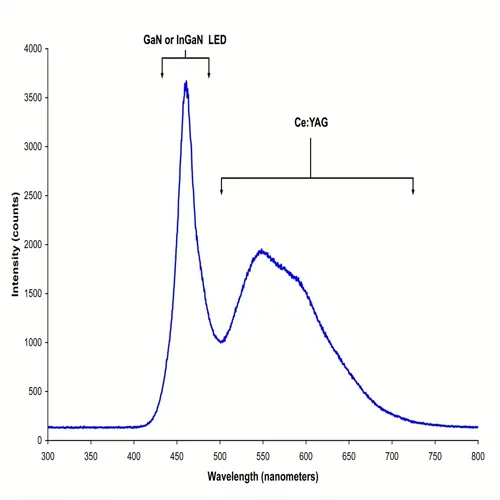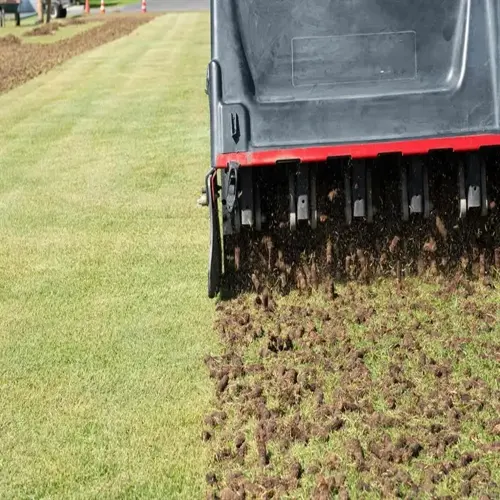Are coffee grounds effective for magnesium deficiency?

Written by
Paul Reynolds
Reviewed by
Prof. Samuel Fitzgerald, Ph.D.Coffee grounds offer limited benefit for magnesium deficiency tomatoes. They only contain around 0.03% magnesium, which is not enough to correct a deficiency. I have tested the soil after applying a heavy dose of coffee grounds and noted only slight changes in the magnesium level. They are better suited for nitrogen supplementation than the magnesium problems.
Magnesium Content
- Average 0.03% magnesium by dry weight
- 10 pounds grounds provide just 1.36g magnesium
- Tomatoes require 15-30g magnesium per 100 sq ft seasonally
- Insufficient quantity for deficiency correction
Primary Benefits
- Nitrogen contribution (2% by weight) supports leaf growth
- Organic matter improves soil structure and water retention
- Slight acidity benefits alkaline soils
- Attracts earthworms enhancing soil biology
Limitations for Magnesium
- Slow release requires microbial decomposition
- Magnesium binds tightly to organic compounds
- Competes with potassium and calcium for plant uptake
- Cannot raise soil magnesium above optimal levels
Be sure to use grounds properly to avoid creating problems. Always compost before application to prevent nitrogen tie-up. Apply fragile layers, not exceeding 1/4 inch in thickness. I mix grounds with brown materials to balance the carbon-to-nitrogen ratio. Never use more than 20% ground material in compost piles.
Select efficient alternatives to remedy any magnesium deficiency you may have. Epsom salts supply 10% of magnesium in an immediately available form. Dolomitic lime supplies 11% of magnesium with calcium. I use these for immediate correction. Save your coffee grounds for soil conditioning and use them for nitrogen only.
Recognize that coffee grounds are a little helpful. Coffee grounds contribute to long-term soil health when composted properly. They can be used as part of balanced soil preparation. I incorporate the coffee grounds in the fall for spring planting. This can lead to full decomposition by the time the tomatoes need feeding.
Test the soil before using coffee grounds. Deficiency is less than 50 ppm magnesium. Coffee applications cannot adequately raise the contained level. I have soil tested every season. A proper diagnosis prevents loss of effort with ineffective amendments.
Read the full article: Magnesium Deficiency Tomatoes: Complete Grower Guide

